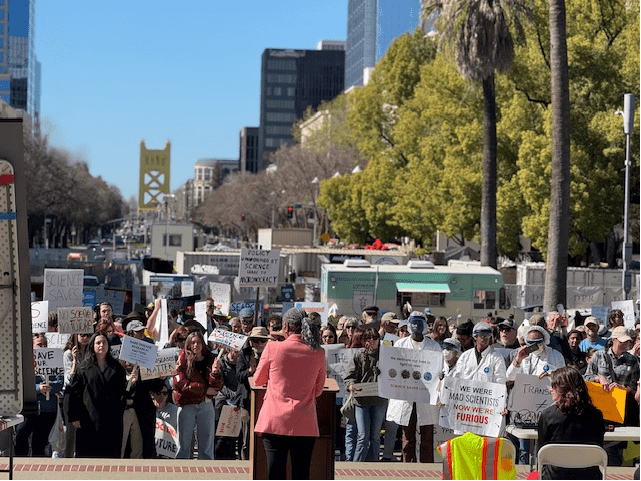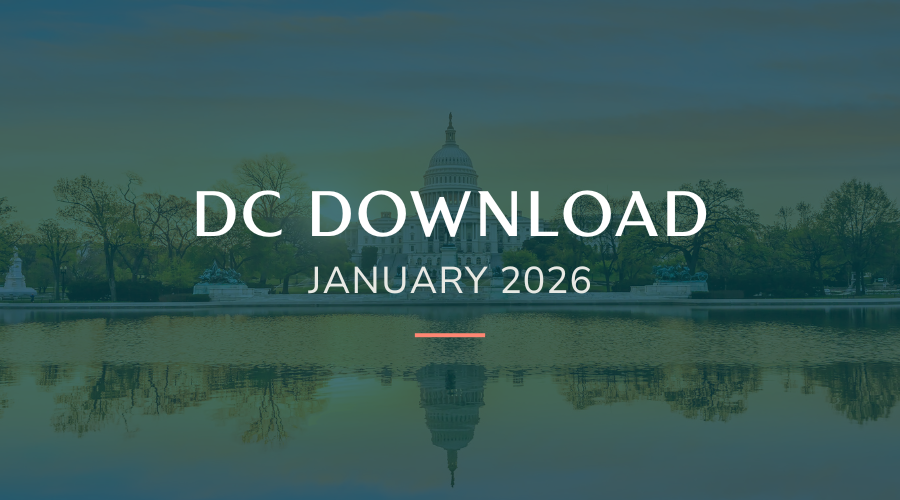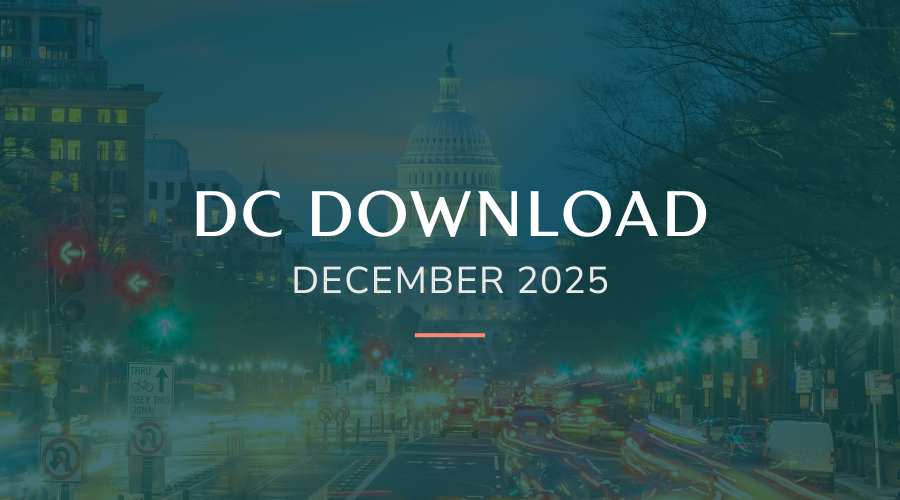A divine federal program critical to high-impact nonprofits received an important boost last week. The 2,232-page omnibus bill that funds the federal government through September 30 included a funding increase and important improvements to the Public Service Loan Forgiveness Program (PSLF). Improving this program strengthens nonprofits’ ability to deliver high-impact programs that ensure healthy, thriving communities.
Tackling the Common Good Wage Gap
Public service professionals, like nonprofit employees, deliver services to the communities that need them the most and help uplift families across the nation. To gain the skills needed to tackle our communities’ toughest problems, nonprofit employees often require a college or graduate school degree. Unfortunately, these same professionals dedicated to the common good often are attracted to private sector jobs after graduation, because they can pay off their student loans more quickly than remaining in the lower paying nonprofit sector.
Over the course of one’s career, there is a $1.5 million wage gap between an individual that works in the for-profit versus nonprofit sector. As a result, nonprofits struggle to recruit and retain the talent necessary to achieve their missions. This is especially true in rural or marginalized communities.
In 2007, President Bush introduced PSLF to encourage college graduates to pursue careers in service of the common good. Social workers, educators, researchers, public-interest lawyers, nurses, and museum curators working 10 years in the nonprofit sector can earn forgiveness on eligible student loans. In doing so, PSLF helps to close the wage gap between the nonprofit and private sectors. Senator Tim Kaine (D-VA), who recently co-sponsored a bill to improve PSLF, said in a statement last week, “Americans who honorably serve our communities have earned much-deserved relief from crushing student loan debt in return for their time and commitment.”
Boosting Nonprofit Impact
Public Service Loan Forgiveness helps nonprofits’ bottom line by reducing staff turnover, retaining institutional knowledge, and investing in professional development for nonprofit staff. It enables nonprofits to recruit top talent, because our employees can have more confidence that their student debt will not hinder their long-term goals to buy a home, start a family, or save for retirement. However, these operational benefits are only a small part of why the program is critical to improving lives and communities.
This federal program ensures that the nonprofit workforce is not limited to employees that can afford to work in it. Graduate students who identify as Hispanic, multi-racial, or black borrow more to pursue their degrees than their peers. PSLF makes it more affordable to work in the nonprofit sector by lessening the burden of student loans. As a result, the sector is able to recruit a more inclusive workforce that better reflects the communities that they serve. This best practice ensures higher quality, more effective programs that improve the overall wellbeing of our communities and saves public resources in the future.
Preserving the PSLF Program
President Trump’s Fiscal Year 2018 and 2019 budget proposals called for the elimination of PSLF, citing that it serves as a graduate school subsidy for doctors and lawyers that can afford to pay off their student loans. As already mentioned, even those professions struggle to repay their loans when working in the public or nonprofit sectors. In fact, nearly 50 percent of public interest lawyers said they would not have taken their position if not for PSLF.
Thanks to a coalition of public service professionals educating policymakers about why PSLF is a critical investment, the program received a $350 million increase in the recent omnibus bill. The new funds are intended to help eligible employees learn more about how to take advantage of the program. The bill also included provisions to improve program implementation.
Unfortunately, PSLF isn’t out of the woods yet. Many policymakers work to eliminate the program in the future to pay for other priorities. To preserve this critical program, we need you to educate your policymakers about why it helps you serve your community. To join the fight to protect PSLF, please visit preservepslf.com to sign onto their letters to Congress and take action.



